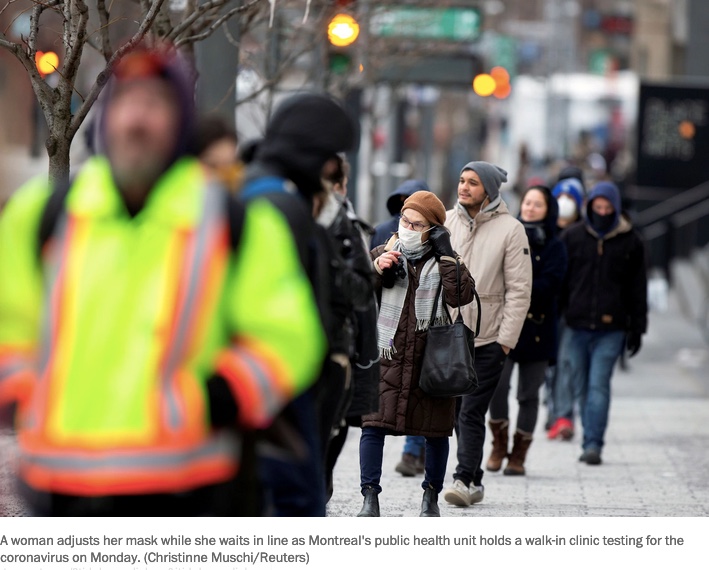As the number of confirmed covid-19 cases increases around the world, people are struggling to keep themselves mentally and physically safe and stable. Some individuals and communities are having a tougher time than others, especially the marginalized. In Canada, with more than 2,000 confirmed coronavirus cases to date, this struggle has led to the emergence of the “caremonger” movement.
Caremongering is cast as the antithesis in name and spirit to fearmongering. Instead of singing doomsday dirges, caremongers are coming together to form networks to support their communities, including people who are stuck at home, financially precarious or otherwise in distress. Groups have sprung up across the country, many organizing through social media platforms. They vary in form and size, from a handful of members to thousands. Some distribute food and supplies while others coordinate and run errands for those unable to do them. And some serve as a platform to organize volunteers.
Amara Possian, Seneca College professor and campaigns director at 350.org, has started one such group in Toronto and worked with other organizers to create how-to guide for setting them up. According to her, there are two sorts of groups now: mutual aid groups and neighborhood pods. The former are “primarily city-wide” and “organized virtually over Facebook,” she says. The latter are “groups of 5 to 30 people who are working to support one another.” Some of the larger Facebook groups are also organizing pods.




